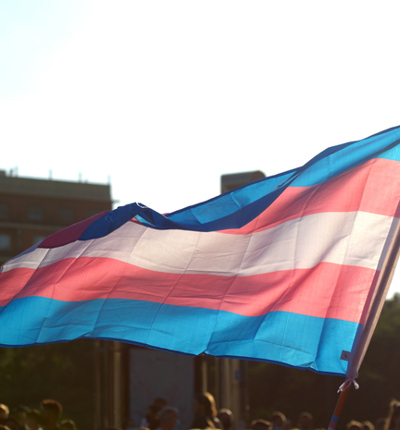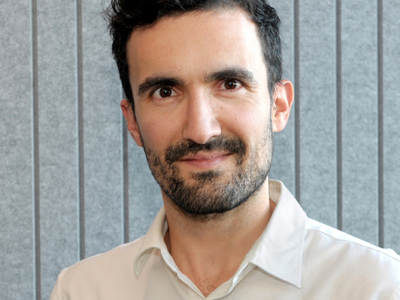
Legal challenge against EHRC gender guidance continues
The legal challenge against the Equality and Human Rights Commission (EHRC) arguing parts of the interim guidance it published following the Supreme Court ruling on the legal definition of a woman is unlawful is set to continue, with the High Court ordering a hearing take place later this year.
Posted on 31 July 2025
Three individuals, who have been granted anonymity, alongside the Good Law Project (GLP), are bringing a judicial review legal challenge arguing that the EHRC guidance is in breach of trans and intersex people’s human rights, contradicts existing legislation.
When publishing the interim guidance on the practical implications of the Supreme Court ruling, the EHRC said it did so because “many people have questions about the judgment and what it means for them”.
However, GLP and the three individuals argue that the guidance is rushed, inaccurate and raises serious concerns. These concerns include that the guidance is putting trans and intersex people at risk of being outed or singled out by their employers, which they say is a criminal offence under the Gender Recognition Act, and that the EHRC is not acting to encourage and support a society inclusive and respectful of each individual’s human rights, including trans people, which is alleged to be unlawful under the Equality Act.
They also argue the EHRC’s guidance that states trans people should be excluded from the single-sex toilet corresponding to the gender they transitioned into is in contradiction with workplace legislation and the Supreme Court’s own statement that interpreting its ruling around ‘biological sex’ would not disadvantage or remove important protections from trans people.
The three individuals and GLP are calling for the elements of the guidance they believe to be unlawful and harmful to trans and intersex people to be quashed on the grounds that it misstates the law and that the EHRC has breached its statutory duties under the Equality Act 2006. Alternatively, they are seeking a declaration that certain legislative and regulatory provisions referenced in the guidance are incompatible with trans people’s rights under the European Convention on Human Rights.
In response to concerns about the interim guidance, the EHRC says that the material it published is an online news update rather than formal guidance and does not represent official policy. It also states that it neither endorses nor permits unlawful conduct and that following the Supreme Court ruling its position is subject to revision.
The three individuals bringing the legal challenge and GLP are represented by Leigh Day human rights team partners Ricardo Gama and Andrew Lord, and solicitors Anna Dews and Tiffany Bucknall. The High Court has ordered a hearing take place in November.
Leigh Day partner Andrew Lord said:
“Our clients believe that the guidance hastily published by the EHRC – an organisation many see as a bastion of equality and human rights – contains discrepancies and potentially unlawful points that breach trans and intersex people’s human rights.”
“They are seeking a review of the published guidance to ensure that trans and intersex people are not outed at work and have their fundamental human rights guaranteed.”





